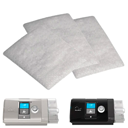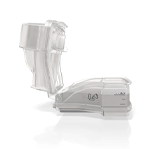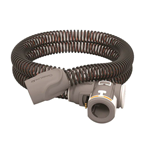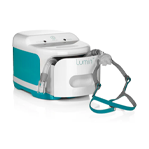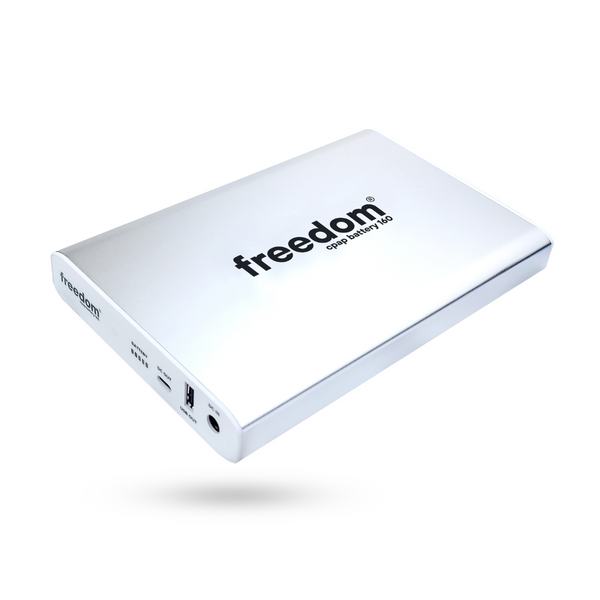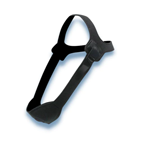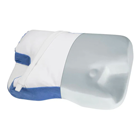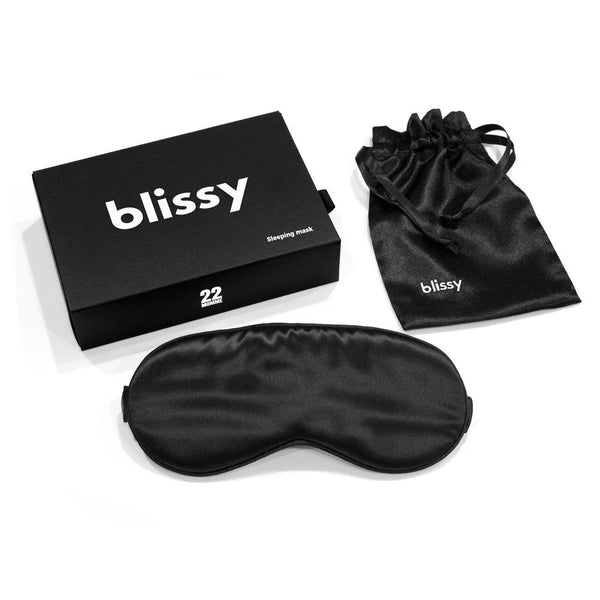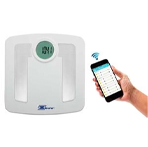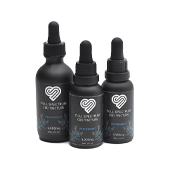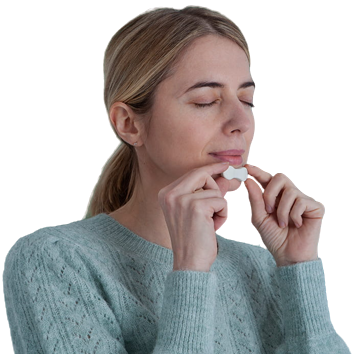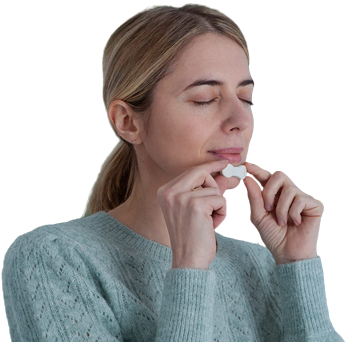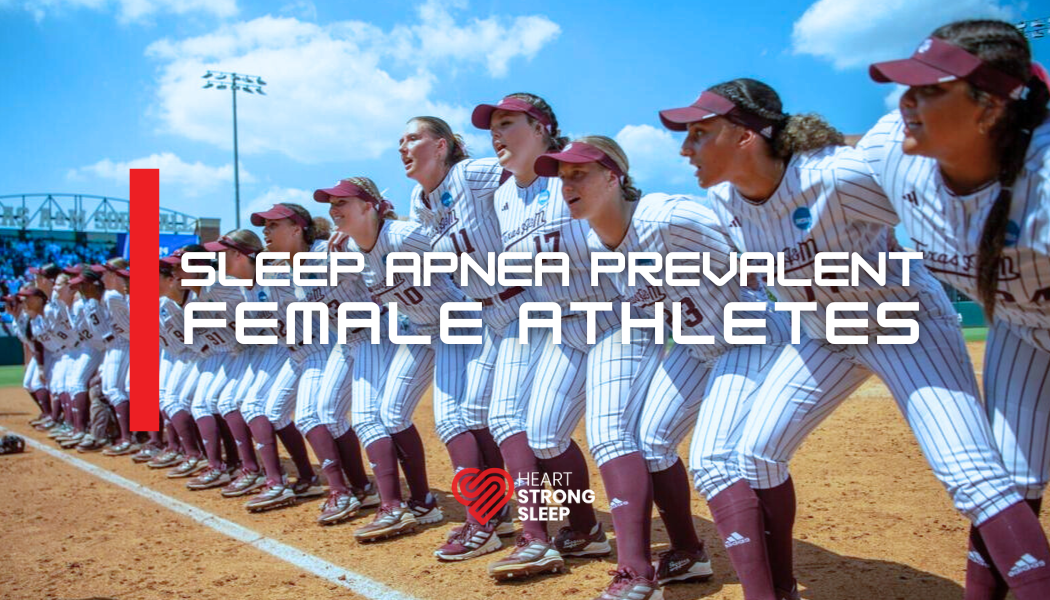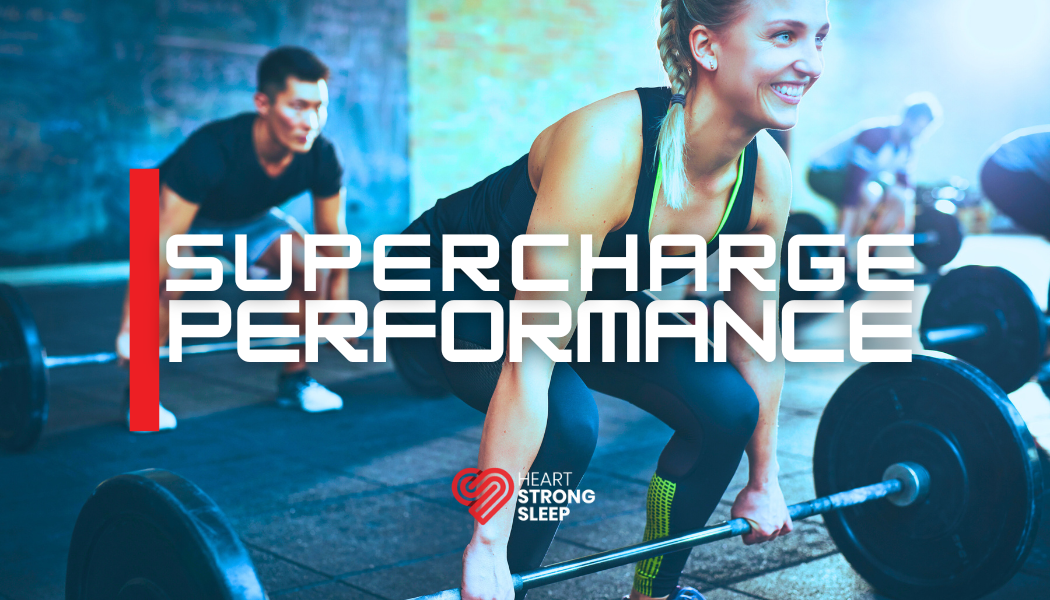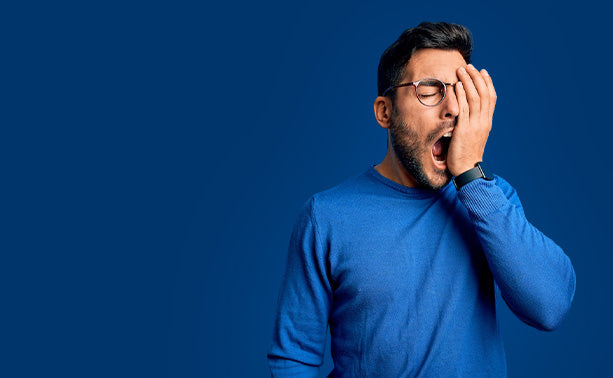Sleep Trackers!
Below is a an article about "Sleep Trackers" but I wanted to share my personal perspective on the devices as well.
My Sleep Tracker Experience:
Yes, sleep trackers (fitness trackers) have become very popular lately. Many brands like WHOOP, FitBit, Garmin and others are tracking your daily activity; your steps, your blood pressure, heart rate, etc. etc.
But how good of a job do they do in tracking your sleep?
I personally use the Garmin Vivoactive 4 to track my daily activity. I casually track my steps, cycling activity, fitness activity, heart-rate, O2 levels and sleep. As a CPAP user I like to cross-track my Garmin sleep data with my ResMed myAir data for comparison.
In using the two devices to track my sleep, I've found the information to be informative but not detailed enough to diagnosis sleep apnea like a home sleep test device is designed to do.
I've tracked my sleep on nights when I used my CPAP and nights when I didn't use my CPAP and in general, the sleep data the Garmin provided didn't change. It simply tracks asleep time, light sleep, deep sleep, REM sleep (not well) and awake time.
Long story short... I wouldn't rely on a fitness tracker to provide the information needed to determine if you suffer from sleep apnea. If the pulse-ox information is remotely accurate, it could serve as a indicator that you may need to look deeper into your sleep quality. Better indicators would be sleep apnea symptoms.
For a real assessment of your sleep and to determine if you suffer from sleep apnea, we recommend the sleep test bundle.
Kudos to you for being proactive in measuring your fitness, recovery and monitoring your sleep. But for a real sleep apnea diagnosis, be sure to utilize the best technology available.
Mick Prendergast
Heartstrong Sleep - Marketing, Fitness Enthusiast and CPAP User
-----------------------------------
By Lisa Spear
Sleep trackers might seem like a good way for consumers to keep tabs on their health, but many of these devices leave much to be desired and can even worsen insomnia symptoms.
Also, since these devices are continuously updated and often change, it can be difficult for third-party scientists to measure how effective they are, explains Colleen Lance, MD, a physician at the Cleveland Clinic Sleep Disorders Center in Ohio.
At the same time, the commercial market is saturated with technologies that claim to collect sleep measurements despite a lack of independent evaluations.
“It is a bit of the ‘Wild West’ when you see what is being released,” says Lance. “And by the time you could potentially run a medical validation study, they have already moved on to two or three other platforms and the original one isn’t even available for purchase anymore.”
Still, given that an estimated 10% of adults in the United States regularly use a wearable sleep tracker and 50% would consider purchasing one1, some researchers are trying to understand the usefulness of these devices and answer important questions about how well they work. A team of neuroscientists at West Virginia University (WVU) recently put the devices to the test.
The team, led by Joshua Hagen, PhD, director of the Human Performance Innovation Center at the WVU Rockefeller Neuroscience Institute, evaluated the efficacy of eight consumer sleep trackers and released their results in the journal Nature and Science of Sleep.2
The scientists observed five adults, between the ages of 22 and 41, who agreed to wear the devices for at least 98 nights while sleeping at home.2
The results showed that most of the commercial sleep trackers either overestimated or underestimated total time asleep, total time awake, and sleep efficiency. Sleep time appeared most accurate in data produced by Fitbit and Oura products, according to the study.2
A sleep researcher at the University of Michigan, Olivia Walch, PhD, who was not affiliated with this study, explains that sleep time could be miscalculated because it relies on actigraphy, technology that measures movement. When a person is not moving, the device’s algorithm might mistake them for being asleep.
“From something strapped to a person’s wrist, it is just really hard to tell if they are asleep or if they are awake but being really, really still,” Walch explains.
Additionally, none of the eight devices could quantify sleep stages, including REM and non-REM, when compared to an electroencephalogram (EEG), which records the brain’s electrical activity.
Part of the issue with many common consumer sleep trackers is they are designed with algorithms that assume when the average person will be asleep, but their accuracy drops dramatically when worn by people who have any sleep anomalies, explains associate professor of psychiatry Jamie Zeitzer, PhD, of Stanford Center for Sleep Sciences and Medicine.
If someone takes a nap in the middle of the day, for instance, sleep trackers are unlikely to pick that up. In other instances, if someone lingers in bed for a long time before falling asleep or if they wake up frequently throughout the night, commercial sleep trackers will probably not detect that, says Zeitzer, who is not affiliated with the study.
“Even if we put aside for a moment the accuracy question, and let’s pretend for a moment that they are accurate, which for the most part they are not, the feedback it gives you is not very informative,” says Zeitzer. “If you are looking at sleep length, well, I already know how much I slept. I am not a good sleeper, but I do have a decent idea. And it telling me that is not helpful.”
Also, many sleep scientists and physicians feel these devices may cause more harm than good, leading people to obsess about their “sleep score” and worry unnecessarily about perfectly healthy sleep. These devices can even fuel insomnia by calling into question the quality of a person’s sleep when there is actually nothing wrong, says Zeitzer.
In some instances, a condition called orthosomnia, an unhealthy fixation on sleep, can develop, warns sleep physician Lance.
This perfectionist quest to achieve ideal sleep is not unlike the unhealthy fixation with healthy eating, termed orthorexia, explain the researchers from Rush University Medical College and Northwestern University’s Feinberg School of Medicine, who coined the term in a case study.3
Orthosomnia seems to be a growing problem. According to an article in the Journal of Clinical Sleep Medicine, there has been an increase in people seeking treatment for self-diagnosed sleep disturbances such as poor sleep duration and insomnia due to restless sleep observed on sleep tracker data.3
“This population tends to become obsessed with the numbers that the fitness trackers are putting out, thinking that they need to obtain a specific number,” Lance says.
In her sleep practice, Lance says she regularly encounters patients who have become obsessed with their fitness tracker sleep score, the number of hours that they sleep, and the sleep stages reported by their device.
“Firstly, we are trying to get people to have good sleep hygiene, to disconnect themselves from devices, not to become even more attached to a device,” she says.
When using these devices, Lance says, “You set up this idea of competition where you are trying to obtain X number of hours and it has to be certain stages of what the device might call ‘deep sleep’ and so a lot of times you are chasing your tail after an unobtainable number.”
“You end up seeing people who have absolutely no sleep problems at all and their only complaint is ‘my number doesn’t seem to be right.’”
Lisa Spear is associate editor of Sleep Review.
References
1. Fleming G. The state of consumers and technology benchmark 2015, US Cambridge, MA: Forrester; 2015.
2. Stone JD, Rentz LE, Forsey J, et al. Evaluations of commercial sleep technologies for objective monitoring during routine seeping conditions. Nat Sci Sleep. 2020;12:821-42.
3. Baron KG, Abbott S, Jao N, et al. Orthosomnia: are some patients taking the quantified self too far? J Clin Sleep Med. 2017;13(2):351–4.

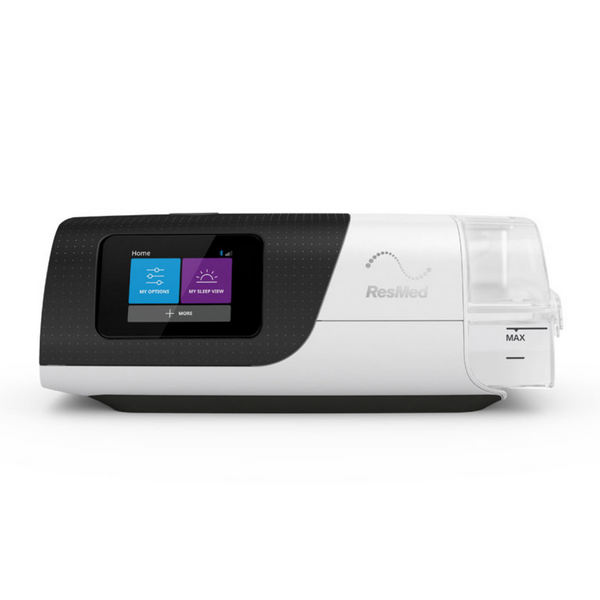
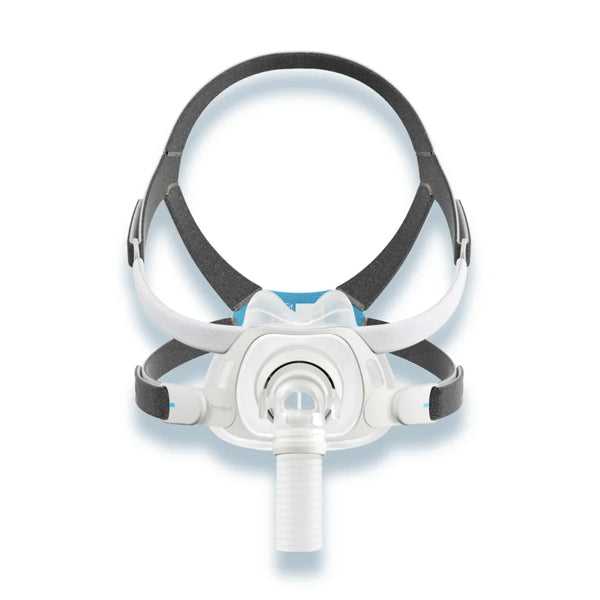
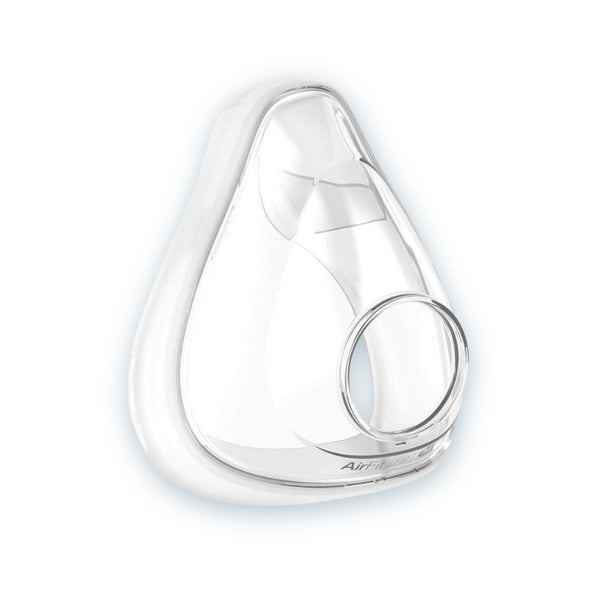
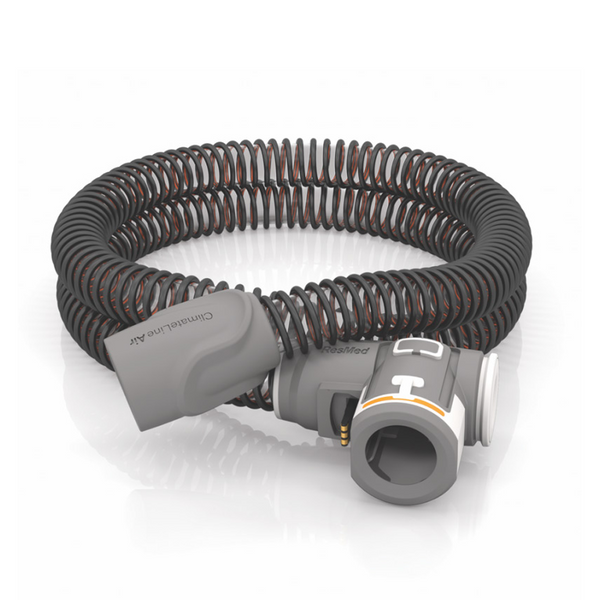
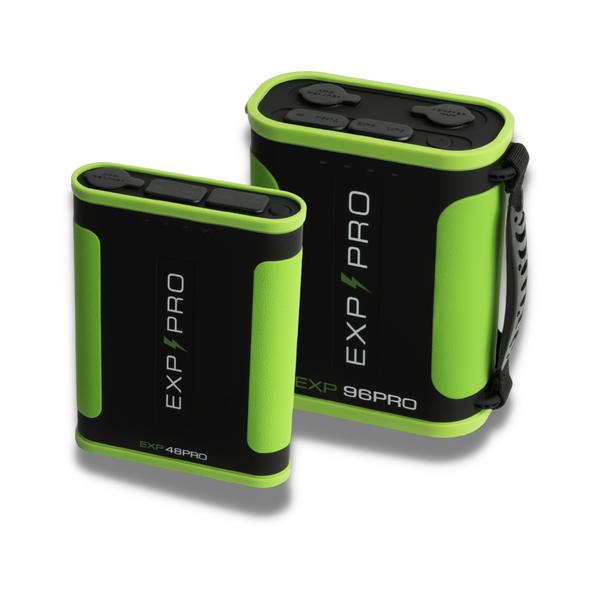
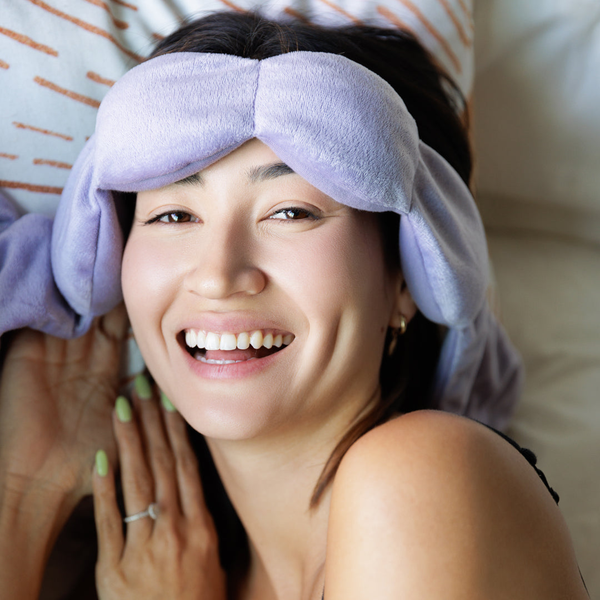
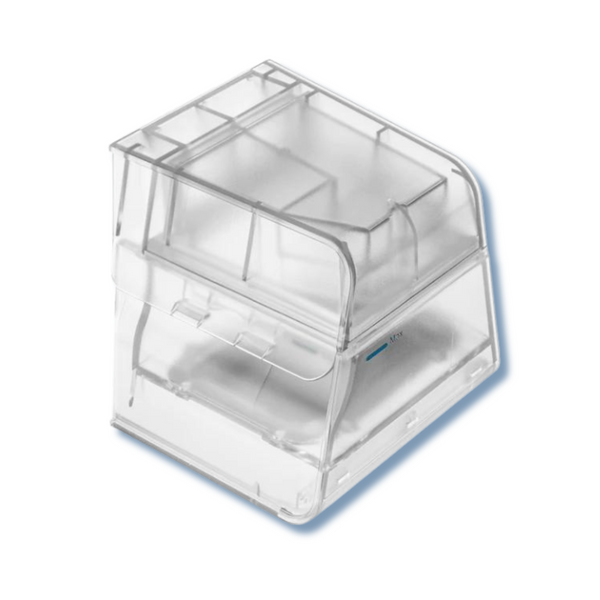
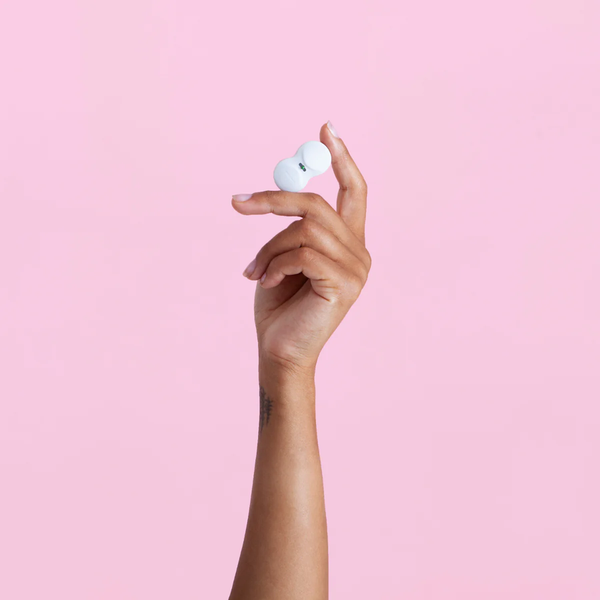
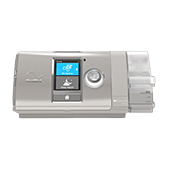
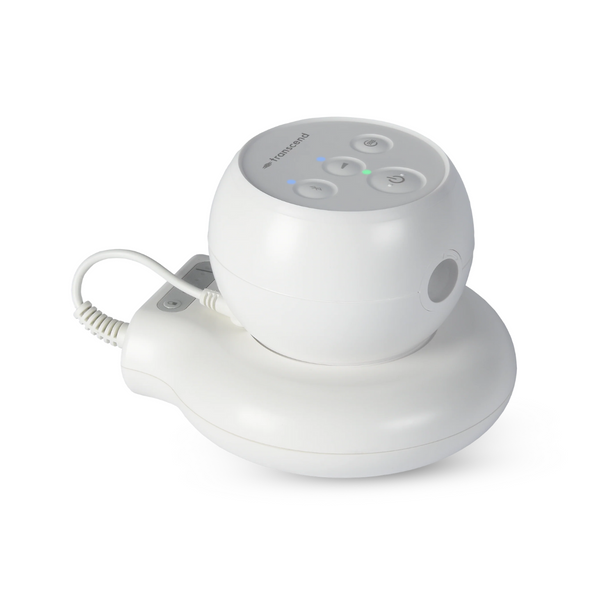
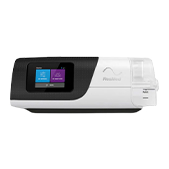
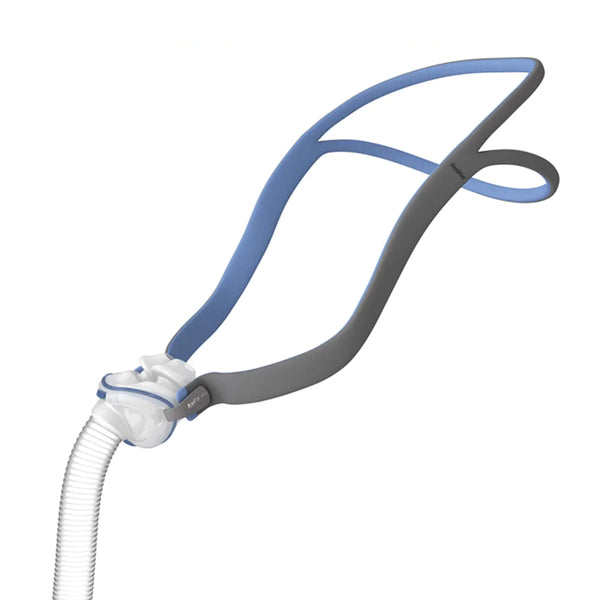
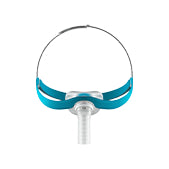
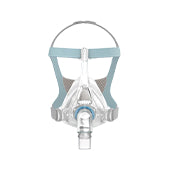
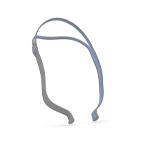
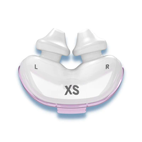
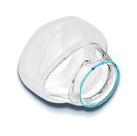
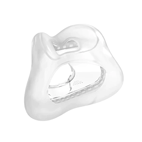
![[subscription]](http://heartstrongsleep.com/cdn/shop/files/Group_30_6a2ee5b7-7d1a-49f1-855d-428a7cb5358f.png?v=1733846466&width=600)
